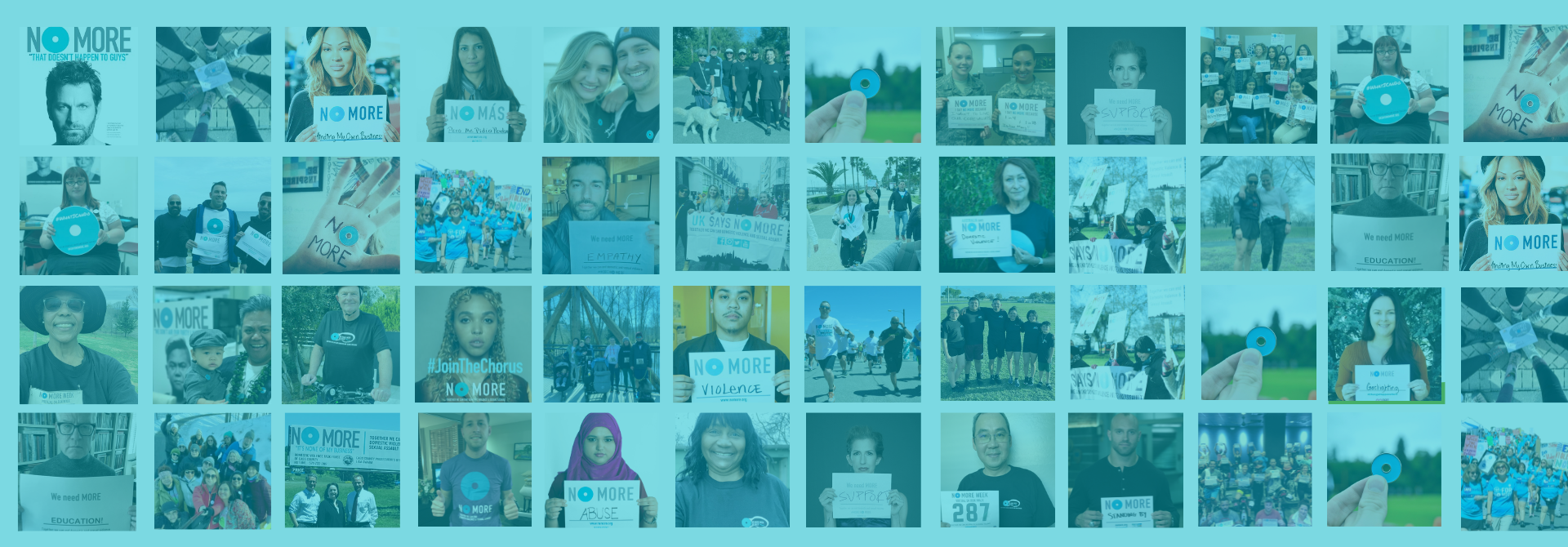KNOW MORE: Guns and Domestic Violence

Mass shootings, like the tragedy that occurred at Emanuel AME Church on June 17, 2015 and more recently, the Oregon shooting at Umpqua Community College on October 1, 2015, have become all too familiar in the United States. They bring waves of shock, sadness, and confusion, and often produce more questions than answers. How can someone be so angry? Could anyone have seen this coming? Why did he do it?
After every one of these terrible events, there are cries for reducing gun violence on both the state and federal levels, but all too often, the connection between gun violence and domestic violence fails to make national headlines. For example, few people are aware that the majority of mass shootings from 2009 to 2014 involved incidents of domestic violence in which the shooter killed a former or current intimate partner or family member.
The evidence for the lethal combination of guns and domestic violence is undeniable. According to Everytown For Gun Safety, an organization working to reduce gun violence, 55% of women killed with guns are killed by an intimate partner or family member. From 2001 through 2012, 6,410 women were murdered in the United States by an intimate partner using a gun.
Unfortunately, many dangerous domestic abusers have easy access to guns. Kirsten Moore, Director of Partnerships at Everytown, says that abusers who kill their former or current intimate partner or family member are able to obtain guns legally, due to outdated laws.
While federal law prohibits domestic abusers from purchasing or owning firearms, the law defines a “domestic partner” to a current or former spouse, live-in partner, or co-parent of a child. This does nothing to prevent perpetrators of dating violence and stalking from purchasing guns, and is especially problematic given that more U.S. women are killed by dating partners than by spouses.
The federal background check requirement that prevents domestic abusers from obtaining guns is not airtight either. In most states, only licensed firearms dealers are required to perform background checks, meaning that abusers can purchase guns from private sellers online or at gun shows without their names ever being run through the system.
According to Moore, closing these loopholes and enforcing existing laws, like those that require abusers to surrender guns they already own, would be the single most effective measure in the fight to reduce domestic violence homicides. “Research shows that in states the require background checks for all [hand]gun sales, over 40% fewer women are killed.”
Preventing dangerous domestic abusers from having easy access to guns would go a long way in reducing domestic violence homicides and saving thousands of lives each year.
During this important national conversation about gun violence, it’s time to learn more and speak out about the strong connection between gun violence and domestic violence.
To learn more about gun laws and domestic violence, visit The Law Center to Prevent Gun Violence, Everytown for Gun Safety, and the National Network to End Domestic Violence.
This post was originally published on July 2, 2015. It was updated on October 5, 2015.

Make a Difference
Enjoying the content? Consider becoming a monthly supporter. Your recurring donation helps ensure we can continue bringing you great content. Subscribe with a supporting membership for as little as $5 a month.
Become a ChampionTogether We Can End Domestic and Sexual Violence






